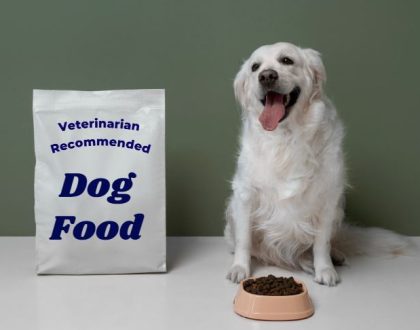
the scientific study of pet nutrition by veterinary nutrition specialists and experts.
Human Grade: Should pets eat the same food that we do?

Many pet owners want to feed their pets the same kinds of foods that they feed their human family. This interest has led to the marketing of so-called “human grade” pet foods. This term can be a bit misleading – it is not always used appropriately and doesn’t mean that a specific food is necessarily any safer or healthier for pets.
The term “human grade” itself is only used for pet foods – foods intended to be eaten by people are simply referred to as “edible” by the US Department of Agriculture (USDA), which is the agency responsible for inspecting our food. To be considered “edible”, foods must stay in the human food chain and follow specific guidelines that are put in place by the US Food and Drug Administration (FDA).
Until just a few years ago, there was no legal definition of “human grade” as it related to pet food and questionable uses of the term were quite common. However, it is now defined by the Association of American Feed Control Officials (AAFCO) as a product where “every ingredient and the resulting products are stored, handled, processed, and transported in a manner that is consistent and compliant with regulations…for human edible foods”. This means that the foods have to be made in plants or kitchens that are licensed to produce human foods and otherwise treated exactly like human foods.
While the standards for human foods are different in some ways than for pet foods, this doesn’t mean that “human grade” foods will have health benefits for your pets or that the ingredients in these foods are necessarily better. For example, chicken for most pet food comes from the same bird that the chicken in the grocery store comes from – the breasts, thighs, and wings go to grocery stores while the rest of the chicken (neck, back, organs) goes into pet food. Even though it all comes from the same chicken, once it is purchased by a pet food manufacturer to be taken to a pet food factory then it is no longer considered edible for people, regardless of the initial quality. For plant-based ingredients, there may be even less difference – the same exact corn going into many [not human grade] pet foods is also going into the tortilla chips in your kitchen. Therefore, the term “human grade” doesn’t necessarily have anything to do with the quality of the ingredient.
The designation of “human grade” also is unrelated to whether the food has appropriate levels of nutrients – AAFCO has the same standards for nutrients for all pet foods. So, a human grade food may not be any different in actual nutrients than a traditional pet food and even the ingredients may not be all that different. The biggest difference may be being made at a pet food plant versus in a human food facility. But even this doesn’t necessarily mean the human grade diet is better – there are pet food plants with very high standards and human food facilities that barely meet minimum regulations.
Of course, an alternative to feeding human grade pet food is to cook for your pet using human foods. If you are interested in cooking for your pet, we recommend you check out our other posts on home-cooking.
The bottom line is that purchasing human grade pet food does not ensure healthier or better quality food for your pet. It is better to focus on criteria that more objectively identify pet foods with high quality ingredients and excellent quality control standards and made by companies with significant nutritional expertise. These are the real factors that that will help to keep your pet healthy.
Want to read more information on feeding your pet?
Subscribe to always know when we add new material!
Recommended Posts

Can Diet Help With My Dog’s Seizures?
January 18, 2024

The Most Popular Holiday Foods…That Your Pet Should Avoid!
December 08, 2023

Veterinarian Recommended Pet Foods: What You Need to Know
November 05, 2023

